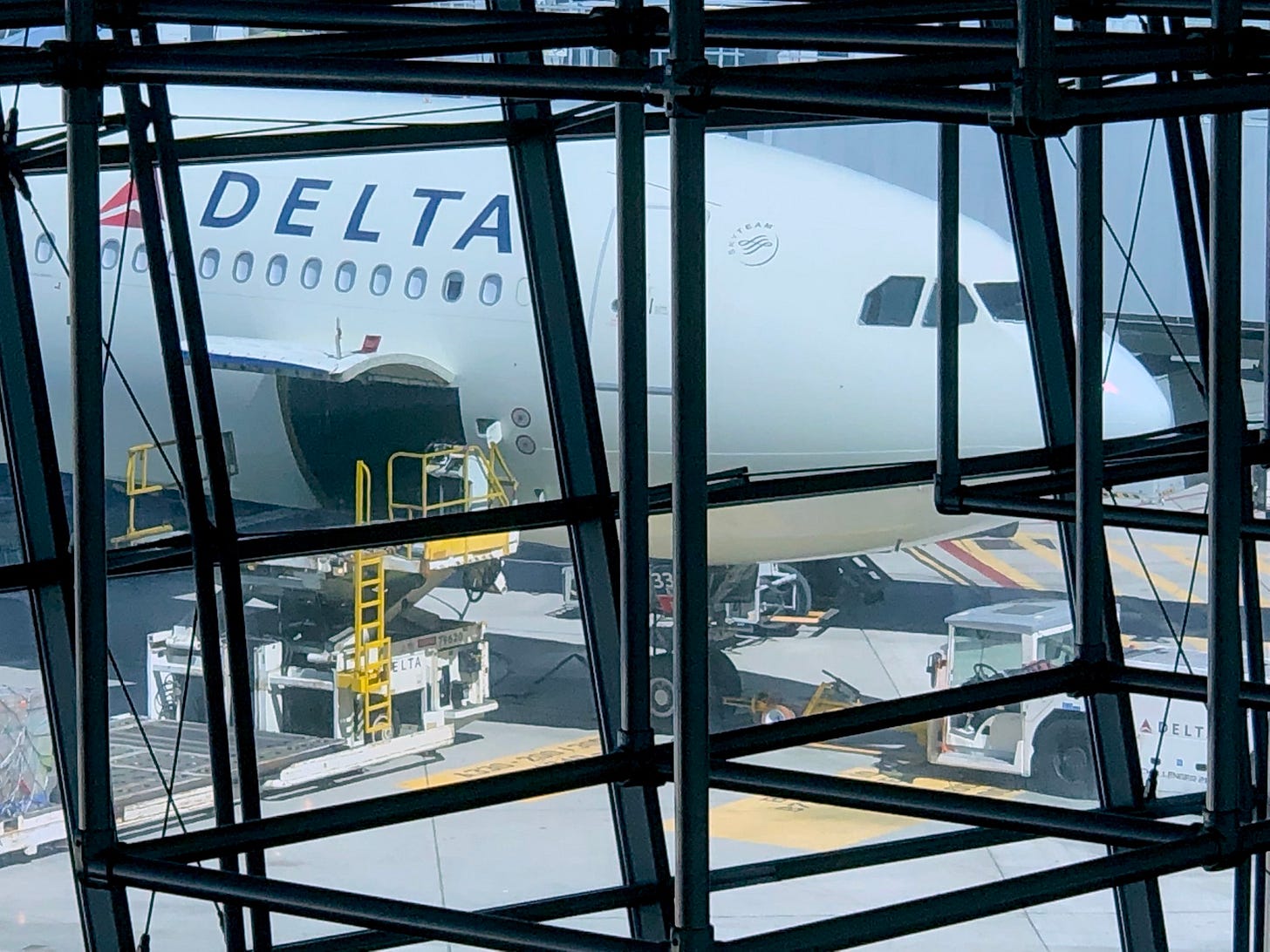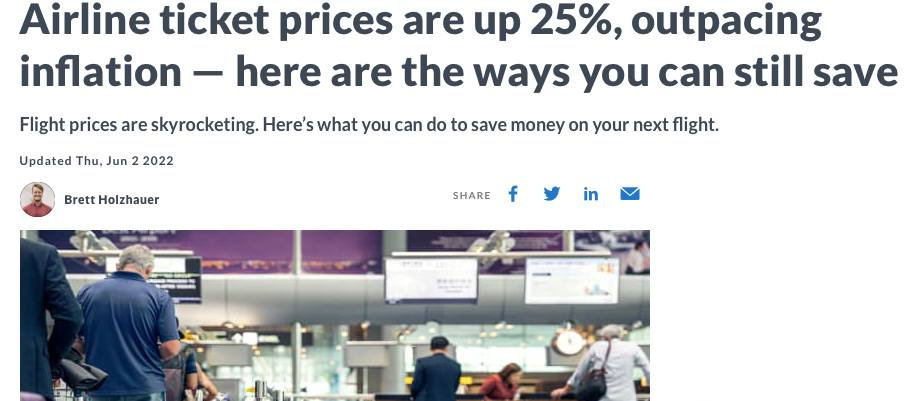
We are halfway through the summer travel season. Is it going to be easier to get to where you’re going for vacation in the next six weeks? The CEO of one of the big airlines says, “yes,” and he’s being honest about what we just lived through in the first half of summer flying.
I’ve written about the baseline cause of the problems flying right now- the pilot and airline employee shortage. Then there was the finger-pointing about who was to blame. The airline association suggesting air traffic controllers and the FAA needed to share the blame and correct shortages in towers. The FAA vehemently fought back against those suggestions. So what really happened?

Delta CEO Ed Bastian gave a candid assessment of how the airline industry made mistakes in the first half of the summer travel season. (Credit: Delta)
“We had a rough six weeks, no question about that. We're sorry for our customers. We've issued compensation and an appropriate level of apologies,” Delta CEO Ed Bastian told CNBC Wednesday morning when the company reported its earnings.
STARVED FOR REVENUE
His explanation of why it has been a tough six weeks since Memorial Day is revealing. It has to do with money (hello Jane Wells). For two years of pandemic shutdowns and slowdowns, the airline industry was flying nearly empty planes. They were able to do that because of the $54 billion dollars taxpayers ponied up to keep them in the air.

“It was clear that this is a business, and an industry, not just Delta, that was starved for revenue for the last two years on a material level,” Bastian said. When the travel season hit and Americans tired of being cooped up decided it was time to travel, they booked a flight. There was a surge in demand.
“When spring came and the huge surge came we all stretched ourselves to do everything we could to take in and capture as much of that revenue,” he told CNBC’s Phil Lebeau. There was a lot of revenue to capture because of the demand and that allowed airlines to increase fares.
Delta CEO Ed Bastian admits the airlines stretched themselves too much to capture as much of the huge demand for flying. (Credit: CNBC)
But it didn’t work (see pilot shortage). The admission by the CEO was straightforward. “We pushed too hard and we scaled back a bit. We've got our constraints in place,” he said. The translation is that Delta and other airlines couldn’t capture all that revenue because they couldn’t fly all those flights they scheduled. So, they cut back their schedules.
BETTER PREPARED?
The good news here is that Bastian, and other airline CEOS believe cutting schedules has set them up to serve the flying public the rest of the summer without the rash of delays and cancellations.

“I'm not going to stand here and declare victory by any means. We're going to continue to work and make sure that the level of quality that we deliver coming out of the pandemic is not always at the same level, it’s even better than it was,” he said.
HIGH AIRFARES
What about these high fares? “These are not sustainable. We're not gonna stay at these levels for the long term. As we get into the fall, you typically have consumer demand starts to come down a little bit,” Bastian said.

(Credit: CNBC)
Then he seemed to contradict himself a bit. He told Lebeau, “there's a lot of pent-up demand… that's not going to be quenched with a very strong summer season.”
Let’s hope Ed Basitan is right on a couple fronts. The airlines have cut schedules enough so they can fly the next six weeks with the staffing levels they have currently. And, maybe, fares will come down after Labor Day.
Thanks for finding Full Throttle. Please share and subscribe here. Full Throttle posts twice a week. Follow me on Twitter, Instagram, and Linkedin.
(Cover image credit: Getty Images)




